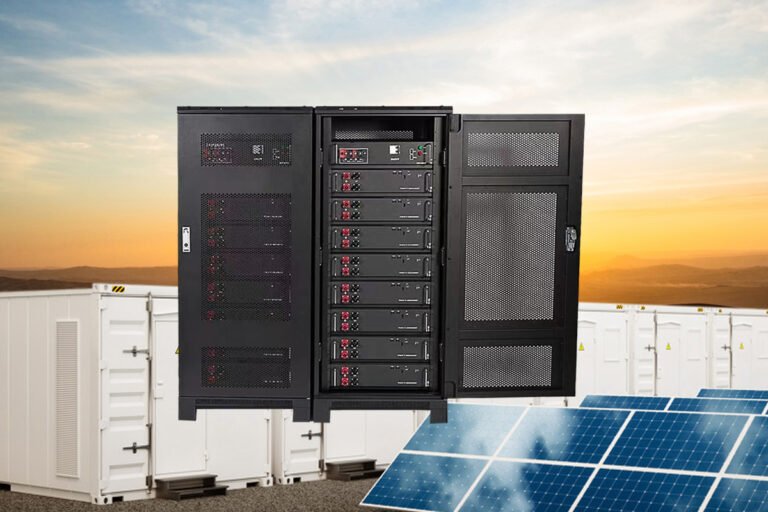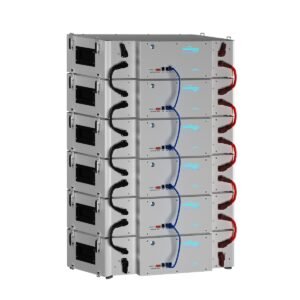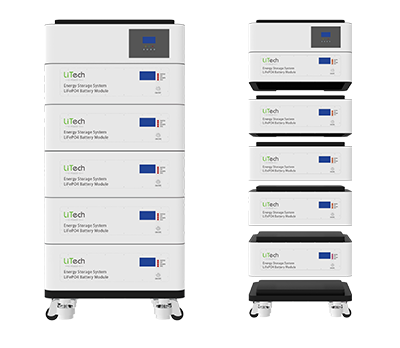
Definition and Concept
Industry Energy Storage Systems are designed to provide reliable and efficient energy management for large-scale industrial applications. These systems store excess energy generated from renewable sources or during low-demand periods and deliver it when consumption peaks. By ensuring a stable power supply, they reduce energy costs, enhance grid independence, and support sustainable operations. With scalable capacity, advanced monitoring, and robust performance, industrial energy storage solutions are key to optimizing energy usage and meeting the growing demands of modern industries.
Key Features
- Cost Savings and Efficiency – Reduces energy costs by storing electricity during low-demand periods and utilizing it during peak times.
- Grid Stability and Reliability – Enhances power quality and provides backup energy to prevent downtime and ensure continuous operations.
- Sustainability and Flexibility – Supports the integration of renewable energy sources, optimizing energy management for sustainable industrial growth.
Various Application
Industry Energy Storage Systems play a vital role in modernizing power infrastructure by balancing supply and demand effectively. They improve energy resilience, reduce dependency on traditional power sources, and support the transition to greener, more sustainable operations. With intelligent control features and advanced battery technology, these systems offer real-time energy monitoring and optimization. Businesses benefit from enhanced operational efficiency, reduced carbon emissions, and a competitive edge in energy management.

Advantages
- Reduces reliance on the grid by providing a stable, on-demand power supply tailored to industrial needs.
- Optimizes energy usage with real-time monitoring and smart control systems, minimizing waste and maximizing performance.
- Promotes sustainability by integrating renewable energy sources and reducing carbon footprints.

